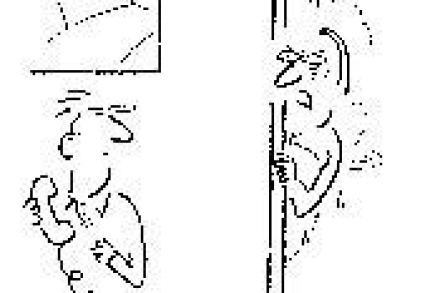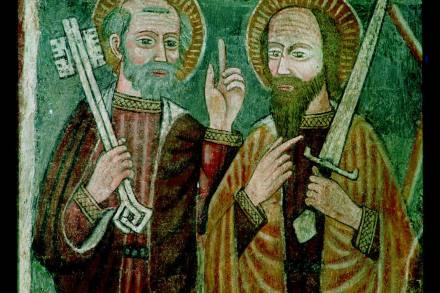When wailing is appropriate
This is a strange exercise. It is a commonplace book of quotations from great authors, assembled by the philosopher A. C. Grayling. The extracts from the great books, how- ever, are provided without attribution. Furthermore, they are arranged in numbered ‘verses’, like the divisions of the ‘texts’ in the Bible. The Bible was thus divided for ease of reference when the Rabbis and the Christian Church — in separate exercises, obviously — decided which books should appear in the canon of Scripture. Why Grayling has numbered his collection of quotations is anyone’s guess. The title is slightly cringeworthy. Those who call the Bible ‘the Good Book’ are likely to be














